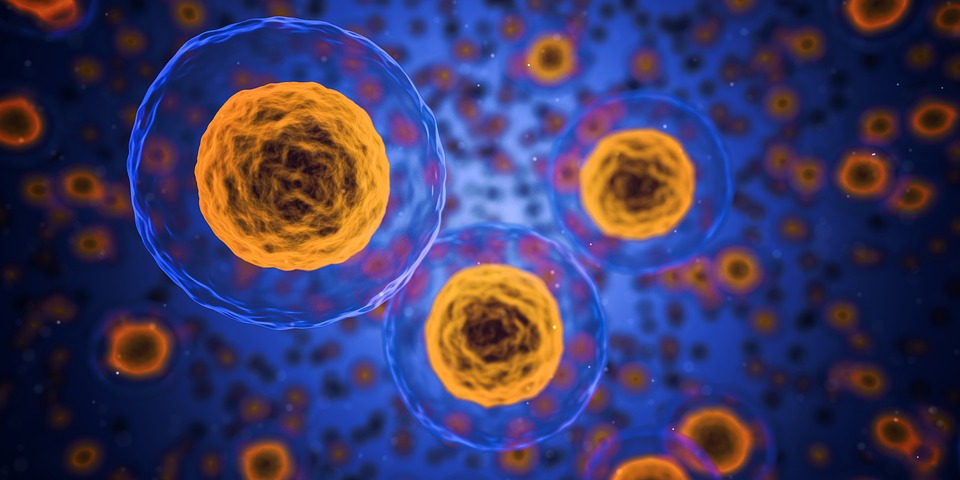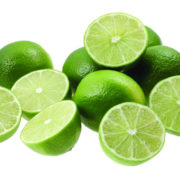What Is Citrus Pectin and How Does It Occur
Citrus Pectin is a naturally occurring polysaccharide obtained from apples, berries, and other fruits. It’s however, mainly extracted from citrus fruits. When the polysaccharide is heated together with sugar, it forms a thick substance that looks like jelly or jam. Pectin is an extract from apples with small amounts of dextrose and citric acid as the binders. The binders don’t change the flavor. They only help in thickening, thus utilizing less sugar while cooking.
Pectin is produced and sold commercially as a white or light brown powder. The powder is often used as a gelling agent in foods such as jellies and jams. Further applications include medicine, sweets, dessert fillings and stabilizers in milk and fruit juices.
Pectin occurs as a complex set of polysaccharides, which are present in primary plant cells. The cells are mainly abundant in non-woody parts of terrestrial plants. It is a major component found in the middle lamella, whose main function is to bind cells together.
Types of Pectin
At times, we might wonder “What is pectin made of?” This, however, varies from one type of pectin to another. Pectin comes in different types. Most people prefer no sugar variety, but all varieties have similar nutritive values.
1.The liquid in a packet or jar
This pectin is already dissolved (in liquid form). It’s more costly and doesn’t stay for long once opened.
2.Dry, regular pectin
The jam has added sugar.
3.The powdered, low-sugar formula
The pectin utilizes 40% less sugar in thickening
4.Dry, No-sugar pectin
With no sugar, the jam tends to be not as bright, and its texture is a bit runny. You can add a little sugar or fruit juice and you have your jam.
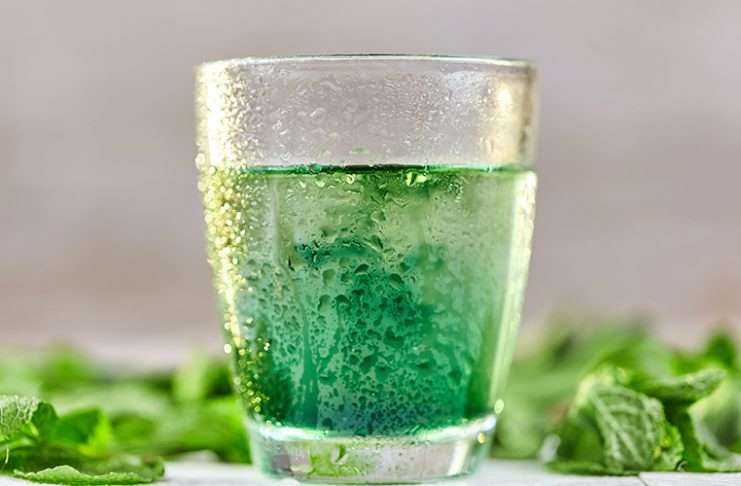
Water is most important things
5.Freezer jam pectin
No cooking is required. Store the jam in a fridge or freezer. However, the jam doesn’t always set well.
6.None- old fashioned way to cook down jam till it’s thick
No cost for pectin. However, it cooks for a long time and you’ll be required to add more sugar. The yield and nutritional value reduce because of overcooking.
7.Low methoxyl pectin sugar
This form of pectin doesn’t need any sugar. It utilizes calcium to jell and it’s excellent for mint and pepper jelly. You can use no-calorie and low-calorie sweeteners such as Stevia, Splenda, Xylitol, or Aspartame. It works very well when you’re making sugar substitute or no-sugar jellies and jams.
8.Modified Citrus Pectin (MCP)
When making jam, MCP works very well. It gives a reliable set in no-sugar and low-sugar jams. Finding it locally can be difficult.
Overview Information on Pectin
As seen pectin is a fiber from fruits used in making Medicine. People tend to utilize pectin to prevent high cholesterol by taking it orally, colon cancer, prostate cancer, and triglycerides. Pectin is also used for diabetes and gastro-esophageal reflux disease.
It can also be utilized in preventing lead poisoning, strontium, and other heavy metals. Pectin is also utilized in skin flushing, which is associated with taking niacin. Some individuals go on ahead to apply pectin on the skin to protect the ulcerated or raw throat and mouth sores.
For years pectin was combined with kaolin to form Kaopectate to control diarrhea. However, in April 2003, the Food and Drug Authority reach into a decision that scientific evidence doesn’t support the utilization of pectin for controlling diarrhea.
Pectin can also be utilized as a thickening agent in baking and cooking, in manufacturing as its presence in other denture adhesives. Not to forget, pectin binds substances in the intestine and therefore adding bulk to stools.
Pectin just like any other substance has its side effects. When taken orally with a combination of guar gum and insoluble fiber, pectin can cause:
- Diarrhea 2.Gas 3.Loose stools 4.Stomach cramps
Individuals exposed to pectin dust while at work, such as in manufacturing plants can develop asthma.

What Is Modified Citrus Pectin
Modified citrus pectin, which is also known as MCP, Pecta-Sol or citrus pectin is a modified and digestible form of pectin. According to researchers Glinsky and Raz, pectin is a complex water-soluble indigestible polysaccharide which is acquired from citrus fruit pulp, seeds, and peels through a chemical extraction process.
MCP is a promoted dietary supplement form, which is modified through high PH and temperature treatment, to affect the significant rate-limiting steps in cancer metastasis.
MCP contains anti-adhesive properties and a high potential of increasing apoptotic responses of tumor cells to chemotherapy through inhibiting galectin-3
MCP is undergoing research due to pectin’s efficiency to increase convention chemotherapy. However, no scientific evidence shows that MCP can prevent or completely treat cancer in human beings.
Pecta-Sol is more digestible compared to natural citrus pectin. Individuals sensitive or allergic to citrus can experience stomach discomfort or diarrhea when taking on the different types of citrus pectin.
Research Done On MCP as Cancer Treatment
According to Cancer Research UK, in 2007, patients with different types of cancer such as prostate cancer were given water added with 5g of MCP. The patients took the treatment three times a day for eight weeks. Following the treatment, the patients reported some improvements in the quality of their lives, such as; less pain, reduction in insomnia, and less fatigue.
Another pilot study was also conducted in humans testing the efficiency of MCP. It looked at the effect of MCP on prostate-specific antigen (PSA). Prostate-specific antigen is a protein that the prostate cells produce; they are produced in high amounts by the prostate cancer cells.
The study was checking the time taken for PSA levels to double up in men who had prostate cancer. The men either did not respond to treatment altogether, or cancer began to grow again after treatment.
Findings indicated that it took a long time for the PSA levels to double in some individuals undergoing treatment. Researchers are to make more trials with a more significant number of patients, to ascertain if MCP can be used in the treatment of prostate cancer.

How to Make Modified Citrus Pectin At Home

As seen earlier, MCP can be made from citrus fruits or apples. If you are the “DIY type” and prefers making pectin (and jelly of course) at home to buying commercially available pectin, then you’re in the right place!
In this case, we will utilize citrus peels. High pectin citrus peels make gel marmalade without having to add pectin. Note that the inner part, or white pith, of citrus peels is what is rich in pectin. Under-ripe fruits have more of the white pith than the fully ripe fruits.
You will need to remove the citrus zest, which is the colored part of the peel. The zest has a wonderful flavor and aroma. However, it can overwhelm flavors from other fruits in your jellies or jam. This is especially the case in case you’re not making citrus jam.
MCP from citrus fruits is a bit bitter, therefore, consider utilizing it in preserves with spices, or flavorful fruits, instead of the subtle preserves. You will need the following ingredients:
- Half a pound of citrus peel, the white parts
- A quarter a cup of lemon juice
- Two cups of water
Steps to Making Homemade MCP

- Gather all the ingredients
- Remove the zest, which is the colorful part of the fruit using a vegetable or zester peeler. You can either set it aside or discard it
- Cut off the white piths by finely chopping them, and weigh them to ensure that you get half a pound.
- Using a medium pot, mix the chopped citrus peels with lemon juice. Allow them to stand for 2 hours. Add water and let it stand for an additional hour.
- Let the mixture boil under high temperature, then reduce the heat and allow it to simmer for 15 minutes. Remove from the heat and allow it to cool.
- Using several layers of cheesecloth or jelly bag, strain the mixture
- The liquid pectin can now be utilized. You can store in the refrigerator for seven days or in the freezer for six months
Your citrus pectin may not be as concentrated as you’d like, but you can determine this by testing the strength of citrus pectin. Take a tablespoon of the citrus pectin and drop it in a bowl that has a few tablespoons of rubbing alcohol.
Let it sit for a minute, then check to see if you can pick up a glob of pectin using a fork. In case you’re not able, reduce the liquid present in your citrus pectin by heating it to boil and uncover until it’s more concentrated.
Homemade citrus pectin is entirely different from MCP. MCP is obtained after intensive medical research. This is because pectin is non-digestible fiber, whereas modified citrus pectin is processed to be digestible. Increasing pectin digestibility cannot be done at home.
How is modified citrus pectin made commercially?
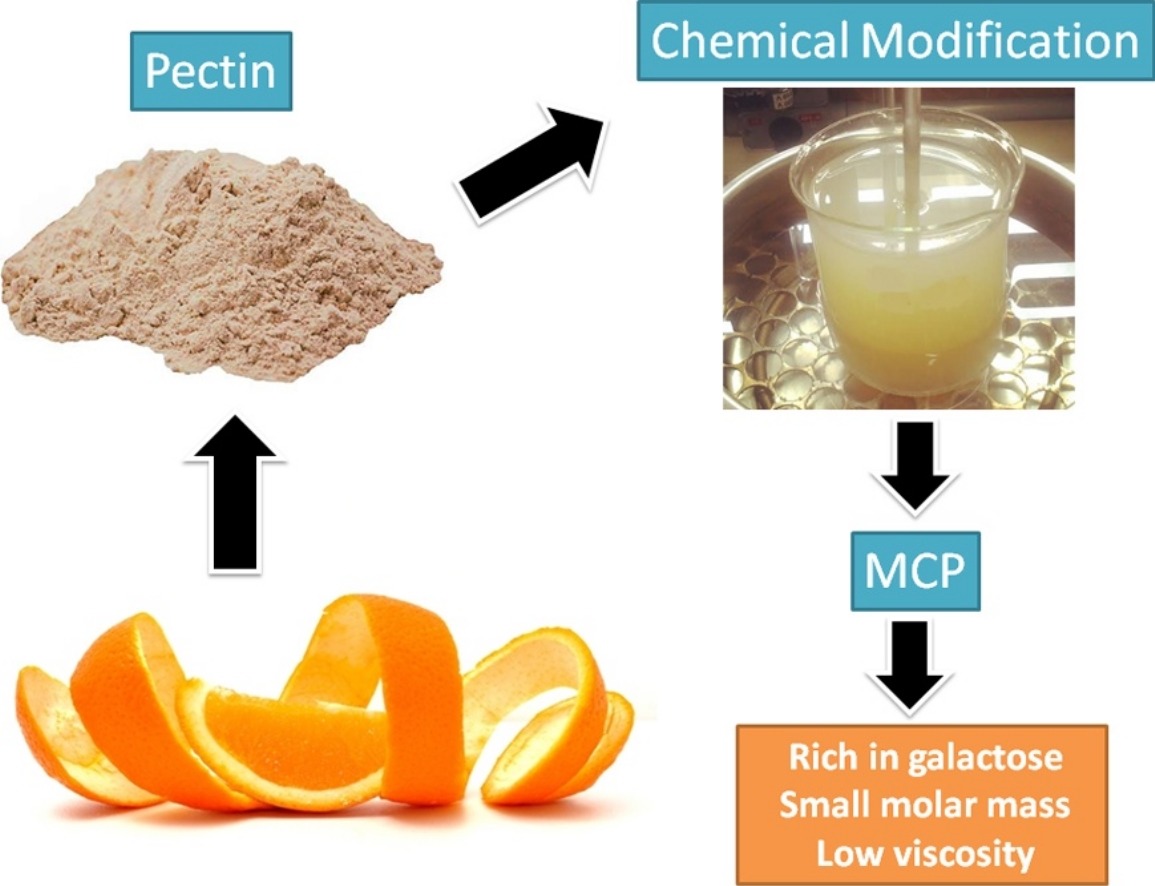
Image Credits: ScienceDirect
At the moment, the major source of commercial citrus pectin is citrus peels and apple pomace. Commercial citrus pectin is used to prepare modified citrus pectin.
MCP is a dietetic supplement from citrus pectin through temperature and PH changes. Commercially made modified citrus pectin is used in the manufacture of drugs, foods, and cosmetics.
The PH and polysaccharides of commercially made MCP are altered for the formation of groups of the simple sugar galactose. While making MCP, the carbohydrates chains split to smaller pieces.
Hot dilute acid (with a PH of 1.5 to 3.5) is one of the key components in making commercial MCP. After some hours of extraction, protopectin loses both its branching and the chain length, therefore mixing into the solution.
Filtering is then done and the extract concentrated in a vacuum, then precipitation of the pectin is done by adding isopropanol or ethanol. Pectin also precipitates with detergents and proteins, but precipitation with aluminum salts is no longer used.
The alcohol precipitated pectin is separated, washed, and dried. Low esterification of pectin results from treating the initial pectin with dilute acids. Amidated ammonium hydroxide results when the process has ammonium hydroxide.
After drying and milling, pectin is standardized using sugar, calcium salts, or organic acids to have optimum performance in its application.
Modified Citrus Pectin (MCP) Exist in Various Forms
Modified Citrus Pectin Powder
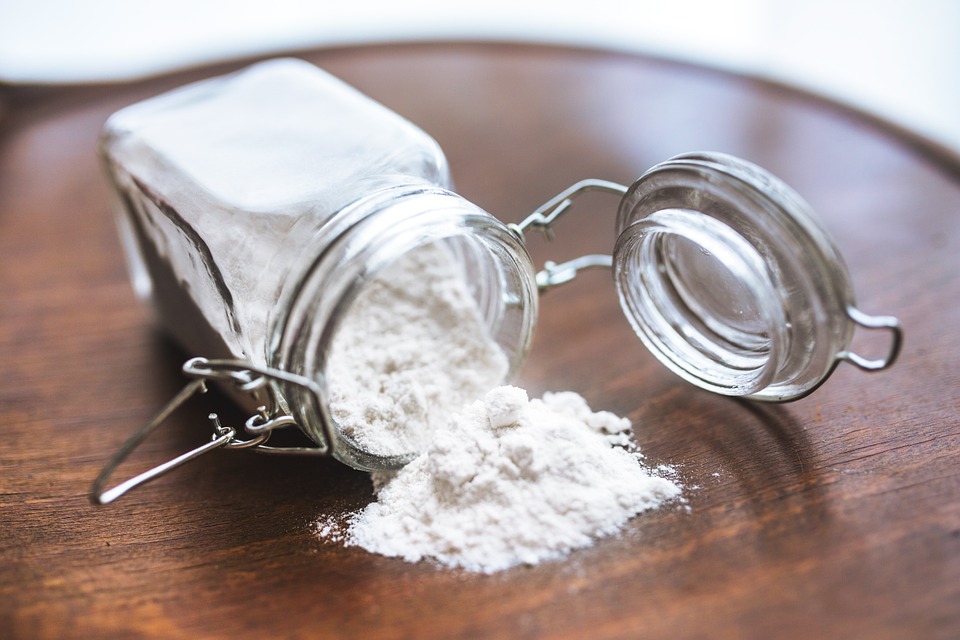
Powdered MCP is usually tailored to the amount of sugar replaced in a recipe. You can be able to get access to powdered MCP at health food markets, online or at stores that sell supplements. Ensure to read the direction on the package before dosing. Most experts suggest dissolving the powdered MCP in water and drinking it on an empty stomach.
If you’re utilizing the powdered form of MCP, be careful so as not to inhale it. This is because the dust can irritate your lungs. An example of a powdered MCP supplement is the PectaSol-C® supplements.
Powdered MCP is patented low molecular weight citrus pectin. The molecules can pass through the intestinal barrier for it to work systematically. The product is sold according to its weight and not on volume.
There can be natural color variation for the product. One heaping teaspoon can weight approximately 5 grams. It has a total of 4 grams of total carbohydrate, 3 grams of dietary fiber, 180mg of sodium, 420mg of potassium, and MCP powder of 5 grams.
They have the same effect as the MCP capsules mentioned below.
Modified citrus pectin in capsules
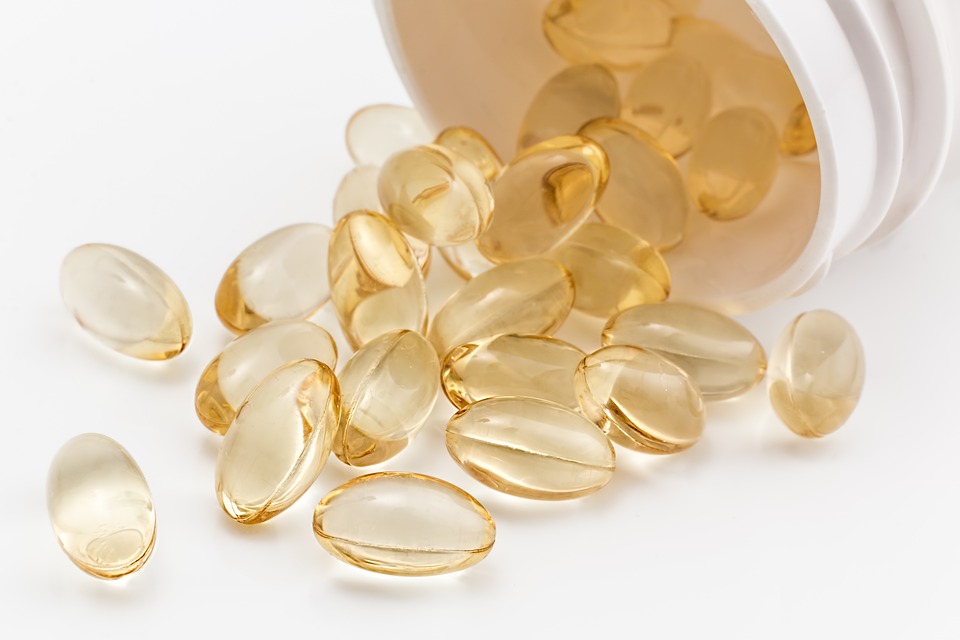
According to EcoNugenics (N/A), the PectaSol-C® capsules are an effective MCP supplement available. The capsule form of MCP is available in the market, which is clinically proven to support detoxification, immune system response, healthy galectin-3 activity, and cellular health.
MCPO capsules, such as PectaSol-C®, are natural products from citrus fruits such as oranges, limes, and lemons. The citrus fruits are modified using the PH and enzymatic process.
The modification process ensures that PectaSol-C® MCP has the required molecular weight, for promoting optimal cellular health for the prostate, lungs, and breasts.
The MCP capsules have a natural ability to support healthy cellular cell growth and behavior. This is done by binding galectin-3, which are molecules in large numbers present in unhealthy cells.
Pectin found mainly in citrus fruits cannot be absorbed into your bloodstream. This is due to its large molecular sizes. Through a proprietary process, which controls the structure and weight of pectin molecules, MCP capsules are produced as PectaSol-C®.
They are MCP with a specific low molecular weight, i.e. less than 15 kilodaltons and has a low degree of esterification. Therefore the MCP capsules can readily and effectively be absorbed into the bloodstream, hence, promoting active cellular health.
Benefits of modified citrus pectin
 Is pectin bad for you? What are the health benefits of pectin intake? Does pectin really treat cancer? Is modified citrus pectin good for detox? Does modified citrus pectin get rid of heavy metals present in our bodies?
Is pectin bad for you? What are the health benefits of pectin intake? Does pectin really treat cancer? Is modified citrus pectin good for detox? Does modified citrus pectin get rid of heavy metals present in our bodies?
According to scientific research, modified citrus pectin contains carbohydrates that have sugar molecules, which are chemically altered to improve absorption in the digestive tract of humans. These are some of the benefits of modified citrus pectin, and they might answer all the questions you might have.
1. Cancer treatment
Research made on human and animal cells proves that MCP can be able to help in blocking the spread of cancer metastasis. MCP can help in fighting metastasis of prostate cancer, breast cancer, and melanoma.
Researchers are still working on determining how modified citrus pectin can inhibit metastasis. However, some studies show that MCP can knock out galectin-3, which is a chemical known for promoting the growth and spread of cancer cells.
Galectin-3 not only acts as a biomarker for cancer but also actively participates in the growth of cancer cells. The protein is capable of increasing cancer cell growth, hence, improving adhesion and invasion of the cancer cells to the blood vessel linings.
It also helps in communication between the cancerous cells among each other, adhering readily to one another, multiply and metastasize away from the primary tumor.
Galectin-3 generally helps cancer cells in communication, rapidly multiplying, growing of necessary blood vessels, evading the normal programmed cell death known as apoptosis, and sticking together.
Fortunately, MCP fiber can deactivate galectin-3 proteins, consequently lessening the incidence of cancer metastatic.
2. Treatment for lead poisoning
There is evidence of modified citrus pectin helping in treating lead poising in children. In a study done by Alternative Therapies in Health and Medicine, researchers gave 28 days of treatment with MCP to children affected by lead poisoning. The study showed MCP gave a dramatic decrease of lead in the blood levels.
MCP showed to be capable of treating lead poisoning by acting as a heavy metal a chelating agent. This means it’s a substance that binds heavy metals and clearing them from the bloodstream.
3. MCP helps in butyric acid formation
Butyric acid is a vital substance for the health of your gut, as it helps in creating and maintaining an anti-inflammatory environment for the gut. This is made possible as the pectin in MCP ferments, forming butyric acid.
This is through the assistance of butyrate-producing bacteria like the Clostridium butyricumin. According to research made, lack of enough butyrate-producing bacteria can result in serious issues such as Ulcerative colitis and even colorectal cancer.
4. Lower cholesterol
Scientists have learned chopping citrus to smaller pieces changes its structure and increases its absorbability. When the MCP is in the bloodstream, it can reduce blood cholesterol much better than regular pectin can.
This is by binding up cholesterol in the bloodstream, by giving it more direct and powerful cholesterol-lowering properties. Hence, being a powerful tool to fight atherosclerosis, this causes stroke and heart attack.
Pectin is also capable of binding cholesterol then excreted; however, pectin is not absorbed readily into the body; hence, it can only be done in the intestines.
5. Modified citrus pectin chelates toxic heavy metals
Early studies done in 2006 showed that MCP could promote a significant increase in excretion of toxic and heavy metals in the urine. Urine samples are found to be positive, having lead, cadmium, and arsenic.
According to the study, systemic chelation of the toxic metals using MCP can be because of pectin’s rhamnogalacturonan II, which is the metal chelator.
Modified citrus pectin can reduce heavy metal toxicity by 74%. This is especially important as we are surrounded by heavy metals in our environment. Heavy metals are not only found in personal care products, vaccines, conventional dental fillings, and paints. They are also found in water, air, and food.
Truthfully, nearly every individual carries some amount of toxic metals in their bodies. Western Medicine tries to reduce the risk; however, experts insist that even low levels of heavy metals in our bodies can still cause devastating health effects.
Thankfully research shows that dietary fiber, which is in the form of MCP, can assist in safely eliminating the unwanted metals from our bodies. MCP attaches itself to the toxic heavy metals such as lead, cadmium, arsenic, aluminum, and mercury, hence, flushing them out of the body.
In the year 2007, German medical journal published case histories of MCP reducing 74% of heavy metals in bodies of a group of patients. Researchers made a note of the gradual decrease in heavy metals in the body of the patients played a role in the recovery of the patients.
Scientific Studies Support MCP Detox Capabilities
In a study done by Alternative Therapies in Health and Medicine, children were hospitalized with blood levels of 20 micrograms per dekaliter and more. They were given 15 grams of MCP in a day, and their blood and urine samples tested at the start of the study, at two, at three, and four weeks.
Researchers found levels of lead in the bloodstream reduced radically, while the levels in urine increased. This was evidence enough that lead was being eliminated from the body. The MCP used had no adverse side effects, considering that children require a safe and effective heavy metal chelating agent.
Scientists from Phytotherapy Research gave participants 15 grams of MCP. After 24 hours, urinary samples collected from the participants contained up to 130% of arsenic metal. Six days later, there was a 150% decrease in cadmium levels in the body.
This, therefore, brought about the conclusion that oral administration of MCP, increases urinary excretion of heavy metals in an individual’s body.
Modified citrus pectin for cancer
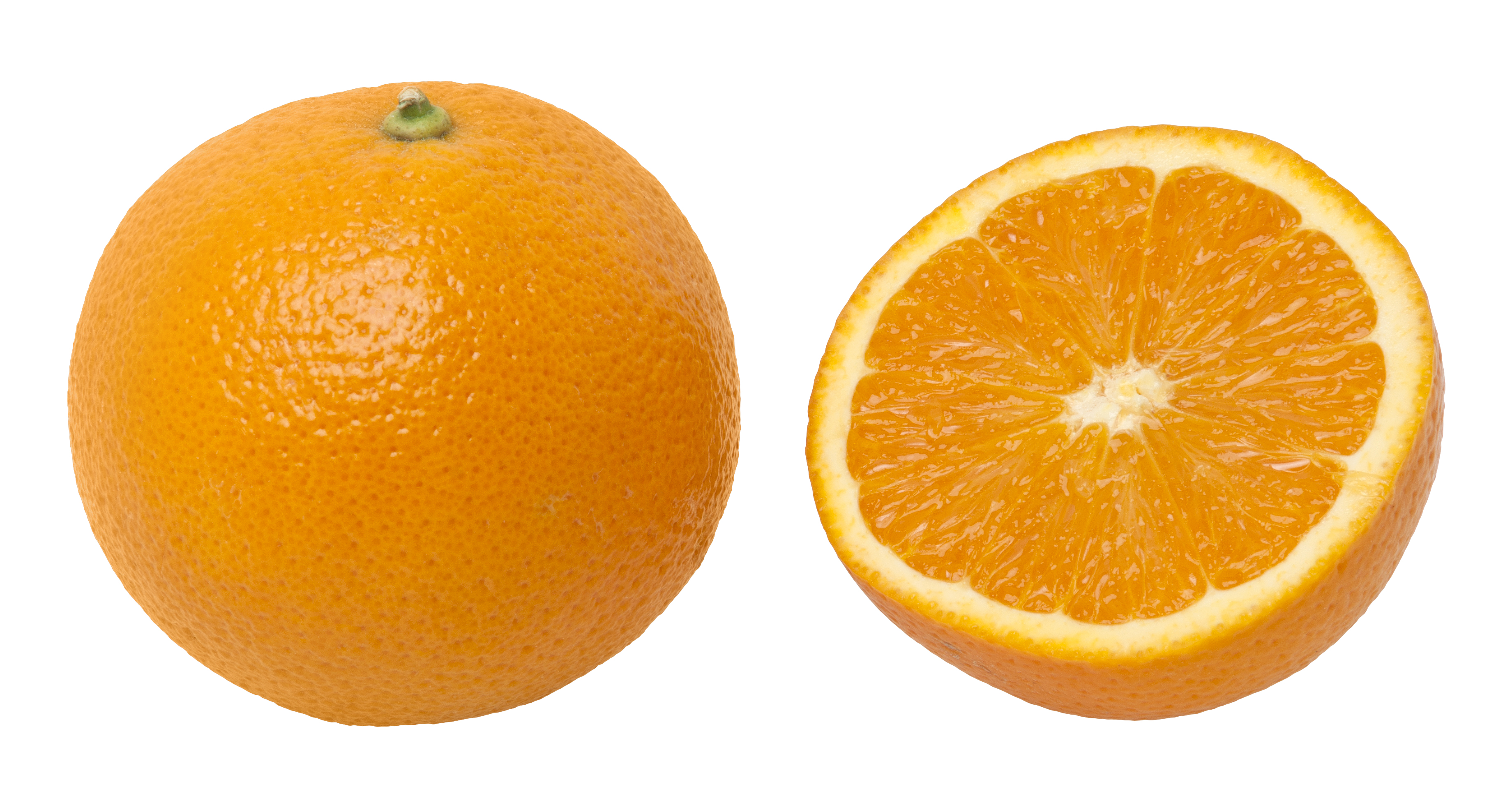
When it comes to cancer-fighting agents, we can’t help but think of their terrible side effects. You might think that all cancer fighters trigger such problems; however, this is not the case for modified citrus pectin.
This is because MCP doesn’t fight or destroy cancer cells. Instead, it gums up the works and hinders the cancer cells from joining together or latching on the healthy tissues. This, therefore, prevents them from hijacking your body’s bloodstream for their requirements.
Hence MCP gently disarms cancer cells and leaves them to wither on the vine. MCP is well tolerated and does not have common side effects apart from loose stool occasionally. According to research made, can MCP be a cancer killer? If this is possible, it can be due to the effects of galectin-3.
Galactin-3 can do more than merely helping cancer cells interact; it can play the role of angiogenesis. It can also lead to the growth of new blood vessels required in feeding tumors. Cancer cells and tumors are similar to body tissues and cells that require a lot of fresh blood.
Interfering with galectin-3 and preventing the build-up of new blood vessels can cause cancer cells to starve to death. This hypothesis is supported by a 2002 study, which was published in the Journal of the National Cancer Institute, where researchers found MCP to be capable of reducing angiogenesis (Nangia-Makker, 2002). There’s strangling of cancerous tissues preventing them from getting access to an adequate supply of blood.
Application of MCP to cancer cells
MCP is more useful and can be utilized to treat more than prostate cancer. The benefits of MCP galactin-3 mechanism is not specific to prostate cancer. Instead, it applies to a wide variety of cancers such as melanoma, ovarian, lung, leukemia, breast, nasopharyngeal, and colon, among others.
According to research studies made, MCP helps in keeping prostate cancer and other cancer cells from joining together or sticking to healthy tissues. This, therefore, makes MCP a powerful weapon in fighting against prostate cancer and other forms of cancers.
Modified citrus pectin vitamin shoppe
Modified citrus pectin vitamin shoppe deals with selling and shipping of MCP supplements to you. They offer free standard shipping for orders that’s worth $25 and more. You can also be able to access free shipping by shipping the supplement within the United States, including its territories.
The orders made are shipped within 48 hours of order placement, pending verification of the billing information, and the selected shipping method. International orders and orders that have gift cards or out-of-stock items will be processed as soon as possible.
Are you looking to get an MCP supplement; the MCP vitamin shoppe is where to look. It offers dietary supplements, which are not intended to diagnose, treat, cure, or prevent any particular disease.
Reviews from Vitaminshoppe.com, are not to be used as a substitute for appropriate medical attention. It also cannot be used as medical professional or physician advice, especially considering that results may vary among the dietary supplements users.

Modified citrus pectin for weight loss
According to the European Journal of Clinical Nutrition article that was published in 2012, it shows that individuals who had MCP from two sources reduced their harmful cholesterol levels from 10% to 7%. Another study was made, and it was discovered that 6 grams of MCP in a day, for three weeks leads to a 6% to 7% decrease in LDL levels.
When the MCP enters your stomach, it forms a gelatinous mass that can support weight loss. This is possible as it creates a feeling of fullness. MCP comes from fruits, to boost your intake on MCP; you can consume low calorie and nutrient-rich foods.
Citrus pectin absorbs water then expands, the stomach swells triggering the stretch receptors. The receptors then send signals out of your brain, informing the stomach that it’s full. Your mind then triggers the release of hormones which extend the sense of satiety.
Citrus pectin gelatinous mass slows down gastric acid from emptying; therefore, it takes longer for food to leave the stomach to enter the small intestines. Hence, contributing to the feeling of being full and satisfied, thus eating less and consequently losing weight.
Blood sugar regulation by citrus pectin for weight loss
Citrus pectin slows down the movement of digested food through the alimentary canal; it also moderates the sugar absorption rate in the bloodstream. Elimination of swings from high levels to low levels of sugar helps you to lose weight in two different ways.
When your blood sugar drops to the low level, you end feeling hungry whether or not you need to consume calories or not. On the other side, if your blood sugar is on the high level, more insulin is released. Insulin contains a fat-sparing effect, which stops the body from burning the stored fat energy.

Modified citrus pectin Lyme
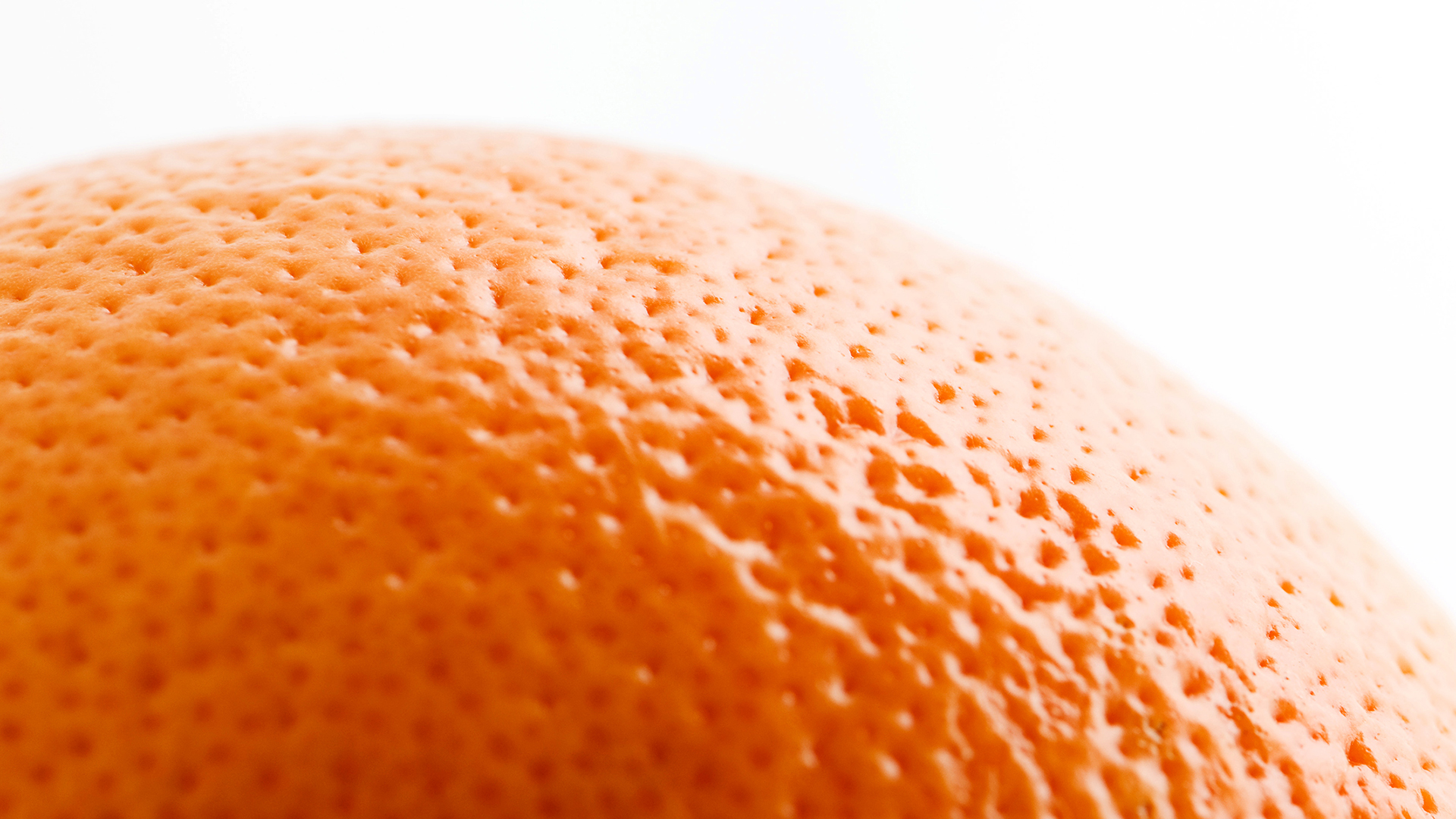 Lyme disease is a stealthy intruder who doesn’t act alone. The Lyme bacterium triggers the initial flu-like symptoms such as fatigue, joint pain, and headaches, among others. Underlying health complication will advance due to this degenerative condition. There are specific target protocols to be followed, which shows promise against Lyme disease (Eliaz, 2015).
Lyme disease is a stealthy intruder who doesn’t act alone. The Lyme bacterium triggers the initial flu-like symptoms such as fatigue, joint pain, and headaches, among others. Underlying health complication will advance due to this degenerative condition. There are specific target protocols to be followed, which shows promise against Lyme disease (Eliaz, 2015).
Clinical studies show that the Modified Citrus pectin supplement is a highly bio-available and bio-active form of natural pectin. It’s capable of safely removing heavy metals like lead, arsenic, and mercury from the body, without having to disrupt the essential minerals in the body.
The MCP targets the systemic inflammation through blocking of the pro-inflammatory protein known as galectin-3. Other studies show that MCP activates the immune cells, increasing the functionality in the innate and adaptive immune response. Alginates have chelating, which is immune and anti-inflammatory properties (Eliaz, 2015).
MCP and alginates help in binding and eliminating, many toxins present in your body that can lead to Lyme disease becoming worse. Lyme bacterium, co-infections, and toxic by-products hide in the nervous system. Hence, compounds which penetrate through the blood-brain barrier to address the issue is also very vital.
Modified citrus pectin for fighting cancer tumors
In January 2003, a new form of fiber that fights tumors in animals was obtained. Early human trials that were made were promising; however, experts warn against the utilization of the fiber, which is currently available as a dietary supplement. The fiber is known as modified citrus pectin, which extracted from citrus fruit peels.
Pectin is utilized in thickening of drugs, cosmetics, and foods; it’s an ingredient that forms jell. Pectin composes of long strings of sugar, making it interesting for researchers who understand the complex roles that sugar plays in your bodies. Cancer cells clump together to form tumors; the clumping, however, requires sticky sugars. This is where pectin comes in, as it helps the sugars from not sticking.
In a normal situation, pectin cannot be able to work in the bloodstream; however, pectin can be altered to make digestible and be able to enter the bloodstream. In a study by Avraham Raz, Ph.D. pointed out that modified citrus pectin cuts the size of tumors of human breast and colon cancer implanted in mice.
The mice are given soluble pectin through drinking water; the drug has remarkable results as it diminishes tumors and the spread of cancer. This is a different form of cancer treatment as the current treatment being chemotherapy kills tumor cells.
MCP doesn’t do this; instead, they keep tumor cells from attaching to the walls of blood vessels or one another; therefore; keeping cancer cells from not gathering into tumors and from spreading.
Currently, there is at least one company that is producing a form of modified citrus pectin, which is the EcoNugenics Inc. in Santa Rosa, selling the MCP as PectaSol.
Modified citrus pectin for fighting prostate cancer
 Having a diagnosis for prostate cancer is one of the most frightening diagnoses that a man can receive. A large number of men are not even aware that they have prostate cancer until they start experiencing pain or difficulty when ejaculating or urinating. In case they are lucky, it could be an inflamed prostate; however, if they’re lucky, it can be diagnosed as prostate cancer.
Having a diagnosis for prostate cancer is one of the most frightening diagnoses that a man can receive. A large number of men are not even aware that they have prostate cancer until they start experiencing pain or difficulty when ejaculating or urinating. In case they are lucky, it could be an inflamed prostate; however, if they’re lucky, it can be diagnosed as prostate cancer.
In the American Cancer Society in 2003, more than 220,000 men had a diagnosis for prostate cancer, of which 29,000 died from the disease. This is second most common cancer in men after skin cancer, and second most deadly cancer after lung cancer (Life Extension Magazine, 2004), and out of 32 men one dies from the disease ( American Cancer Society, N/A).
The MCP acts as an imperfect version of a molecular key; it, therefore, fits into the healthy tissues making it hard for the cancer cells to stick to other cancer cells or healthy tissues. Hence, it reduces the chances to metastasize. In 1999, researchers examined the effects of MCP on prostate cancer.
Seven men who have prostate cancer, which conventional treatment did not help them, were given 15 g of MCP called Pecta-Sol® daily for three months or longer. The effect of Pecta-Sol® was checked using the measurement of PSA doubling time. PSA production is at the prostate and can be easily measured in the blood.
Association of PSA levels with prostate cancer
For a healthy prostate, it manufacturers low PSA, a standard blood test can find the amount PSA present, for a healthy man it should be as low as 2.0 ng/ml. PSA begins to rise as prostate cancer develops. A level of 2.5 to 6.5 is considered as suspect level; however, anything more than 6.5 is deemed to be alarming; it’s nevertheless dependent on the age of the man.
Researchers not only check PSA reading; instead, they also check its doubling time, and the duration PSA level takes to jump. The faster the doubling rate, the dangerous the situation is. PSA doubling time is a very vital aspect when it comes to tackling the growth of prostate cancer. It’s a positive sign when the doubling time PSA is slowing down when it stops to increase is a better sign, and when the levels are falling is the best sign there is.
Results from the seven men were very encouraging, four men enjoyed a positive response. This is because it took a long time for the PSA levels to double. The fifth man took a long time for PSA levels to double. For the sixth man, the PSA levels remained the same, which increased the possibility of his cancer not progressing.
Hence, according to the preliminary study, it shows that modified citrus pectin does gum up the works on prostate cancer. Thus, slowing down the rate of cancer growth and spreads (Life Extension Magazine, 2004).
Modified citrus pectin for chelation
 Apart from its benefits in fighting cancer metastasis, modified citrus pectin can also be used in abating health dangers caused by toxic heavy metals. Chelation therapy involves a chemical process where a substance is utilized in binding up molecules; for instance, minerals or heavy metals. They are held tightly to remove them from the body system.Chelation helps in getting rid of excess or toxic metals present in the body (Nicholas, 2009); however, it’s not known if it’s capable of reducing risks of artery disease. Chelation is utilized in treating mercury and lead poisoning (Brodkin et al. 2007). Chelation therapy involves compounds infusion through the catheter, which is placed in the arm vein. The process needs to be carried out in a clinical setting on a specified course of treatment.
Apart from its benefits in fighting cancer metastasis, modified citrus pectin can also be used in abating health dangers caused by toxic heavy metals. Chelation therapy involves a chemical process where a substance is utilized in binding up molecules; for instance, minerals or heavy metals. They are held tightly to remove them from the body system.Chelation helps in getting rid of excess or toxic metals present in the body (Nicholas, 2009); however, it’s not known if it’s capable of reducing risks of artery disease. Chelation is utilized in treating mercury and lead poisoning (Brodkin et al. 2007). Chelation therapy involves compounds infusion through the catheter, which is placed in the arm vein. The process needs to be carried out in a clinical setting on a specified course of treatment.
However, when it comes to chelation therapy utilizing MCP, it is done through the oral route; it can be administered to patients in any clinical setup. This is because the supplement can be ingested anywhere. A pilot trial on evaluating MCP’s chelation effects was done, the results were orally administered, MCP having a significant increase in urinary excretion of toxic metals.
The process of chelation
In a study that was published in 2006, eight healthy individuals had a dosage of 15 grams of MCP in a day for five days, and 20 grams of MCP on the sixth day. Urine samples for day one and six were collected and analyzed for the presence of essential and toxic elements. The results were that a significant urinary excretion of mercury, cadmium, lead, and arsenic increased from day one to day six of the MCP treatment.
There was a 150% increase in excretion cadmium and a 560% increase for lead excretion for the six days. Essential minerals like calcium, magnesium, and zinc did not have an increase in their excretion in the urine analysis done. This, therefore, indicates that MCP treatment does not deplete the essential nutrient elements.
According to scientists, the ability of MCP, the PectaSol® to chelate toxic metals is due to the low molecular weight pectin, which contains 10% rhamnogalacturonan II molecular side groups (Nicholas, 2009). The side molecular groups selectively bind heavy metals with strong affinity, resulting in the metal-pectin complexes being eliminated through the urine.
Modified citrus pectin for fighting breast cancer
 Modified citrus pectin is an adjuvant for cancer therapy; it’s used as it stops metastasis in cancer. MCP is considered as an experimental therapy for cancer cases; hence, it should be utilized as an adjuvant to standard cancer therapy and under medical supervision (Komen, 2014). MCP is capable of halting cancer cells growth and weakening the formed tumors.
Modified citrus pectin is an adjuvant for cancer therapy; it’s used as it stops metastasis in cancer. MCP is considered as an experimental therapy for cancer cases; hence, it should be utilized as an adjuvant to standard cancer therapy and under medical supervision (Komen, 2014). MCP is capable of halting cancer cells growth and weakening the formed tumors.
MCP works by influencing a specific protein known as galectins. Researchers are aware that galectins, especially galectin-3, due to their sticky consistency, they cause cells to clump together. Studies have shown that the proteins, particularly the ones in immune or epithelial cells, have an association with cancer growth and metastasis.
According to a study made at the University of Alberta in Canada showed that, high levels of galectin in the bloodstream, which results in frequent rates of cancer, cell proliferation for breast cancer. Recent studies indicate that MCP can inhibit the in vivo formation of metastasis deposition of human breast cancer. Modified citrus pectin can interfere with cancer cell signaling, and in keeping intact the healthy cell communication pathways.
According to studies made in 2002 made by Wayne University in Detroit in Michigan, found out that; a higher level of Galectins in your bloodstream is an indication of cancer metastasis. This is particularly the case for breast cancer; other studies show that galectins act as protectors for cancer cells.
MCP sticks to galectins within the cancer cells, hence, making them slippery. The slippery cancer cells cannot be able to stick to cells in other parts of the body. As the cancer cells circulate in the bloodstream, they are prone to destruction by your immune system.
Modified citrus pectin for detox

According to Fox (2004), cancer isn’t the only thing which grows silently in the body before it causes symptoms, or it’s accidentally detected. Toxic elements, for instance, tungsten, mercury, aluminum, lead; arsenic and cadmium, are ticking time bombs in the body. Toxic effects of lead, which has been utilized in different processes and products for years, are well known.
High amounts of lead damages body systems and resulting in seizures, coma, and other problems, which in extreme cases can result in death. In the United State, lead poisoning is the most common environmental illness that children suffer from. Metal exposure can happen at home, work, in the diet such as fish and from inhaled air. It’s, therefore, safe to assume, almost everyone has either inhaled or ingested a lot of metallic particles.
Pectin can bind up radioactive and toxic metals, hence its utilization in detoxification and environmental cleanup. MCP is small, and it’s structurally modified to pass into the bloodstream and to bind up the unwanted substances. Dr. Isaac Eliaz and Dorena Rode, at the Fifth Annual Conference of Environmental Health Scientists, describe what happens when MCP is given to a man as a treatment for his prostate cancer.
Six hours before beginning taking MCP, his urine is collected, after ten months of taking MCP, his urine is again taken. Analysis of urine allowed the researchers in estimating the number of toxic minerals present in the body. The result also showed the levels of lead, mercury, nickel, and arsenic dropped dramatically. Hence, from the preliminary work, it suggests the nutritional supplement of MCP can assist in the elimination of toxic elements from the body (Fox, 2004).
Modified citrus pectin autism
 The growing autism epidemic in children is controversial and sensitive; however, there are groundbreaking clinical studies. According to BMC Clinical Pharmacology, a study on the chelating agent called dimercaptosuccinic acid (DMSA), for treating autism in children was done. The results were very encouraging development in fighting the increasing diagnosis of childhood autism.
The growing autism epidemic in children is controversial and sensitive; however, there are groundbreaking clinical studies. According to BMC Clinical Pharmacology, a study on the chelating agent called dimercaptosuccinic acid (DMSA), for treating autism in children was done. The results were very encouraging development in fighting the increasing diagnosis of childhood autism.
A combination of Modified Citrus Pectin with alginates is a very viable option to go for in treating autism in children. The powerful chelating agents are from naturally occurring compounds, obtained from peels of citrus fruits and marine algae. The compounds are effective and safe in removing heavy metals present in the body. Autism can be a multi-factorial condition; however, removing heavy metals is a safe way an essential component in an effective treatment strategy of autism.
The combination of MCP and alginates is an excellent and safe food supplement; it also has revealed dramatic results for a growing body with cases of heavy metal toxicity.
Modified Citrus Pectin Dosage
-
For active cancer, take on an empty stomach, 15 grams per day i.e. 5 grams three times in a day
-
Cases of Biopsy, take on an empty stomach, 15 grams per day i.e. 5 grams three times a day.
-
For High levels of Heavy metal chelation, 15 grams per day (up to a month) is recommended.
-
For lower levels of heavy metal chelation, 15 grams per day for five days is enough. This is followed by 5 grams per day for the remaining days of the month.

Modified citrus pectin side effects
 1. Allergic reactions
1. Allergic reactions
Modified citrus pectin may be able to cause hypersensitivity. Therefore, if you’re allergic to citrus fruits or ingredients that have citrus pectin compounds, you should avoid utilizing the supplement.
According to the American Cancer Society site, individuals have reported cases of asthma after exposure to powdered pectin. The symptoms may include diarrhea or gastrointestinal discomfort.
MCP is sold as a dietary supplement, therefore, manufacturers are not obligated to prove its effectiveness or safety. This is as long as there are claims for treatment or prevention of diseases.
The FDA doesn’t regulate supplements. There can be inconsistencies in additives and ingredients, which can result in allergic reactions.
2. Drug interactions
MCP can prevent absorption of over the counter or prescribed medications. It’s therefore recommended to take your drugs an hour before taking MCP or two to four hours after. MCP may also increase the excretion of metals in the urine. Caution is advised while taking chelating agents.
3. Effects on fetuses and infants
Medical studies done are inconclusive therefore the impact of taking citrus pectin while pregnant is not known. Expectant mothers are advised not to take the supplement.
Effects on breastfed infants and fetal development are still undetermined. You are to inform your healthcare practitioner of any dietary supplement you might be taking while pregnant or breastfeeding.
4. Stomach disorders
Modified citrus pectin is a dietary fiber, hence high doses of the supplement can result in diarrhea from its purge effect. In case you experience gastric intolerance, or loose stools continue after 24 hours, discontinue its use. It should, however, not cause any gastrointestinal problems for healthy patients.
There’s a reaction in the fiber content of the MCP which causes electrolyte or fluid loss, thus resulting in fecal impaction or constipation, especially in elderly individuals.
5. Other health effects
Relying on MCP, and avoiding conventional medical care, will result in serious health consequences. The utilization of MCP for tumor, breast, prostate, or any other type of cancer, is regarded as experimental. Medical supervision is vital when utilizing MCP.
In conclusion
 It’s understandable to want to try anything that can help treat your cancer; however, talk to your doctor first before using a complementary or alternative therapy. This is because; you can end up harming your health for stopping your cancer treatment for an unproven treatment.
It’s understandable to want to try anything that can help treat your cancer; however, talk to your doctor first before using a complementary or alternative therapy. This is because; you can end up harming your health for stopping your cancer treatment for an unproven treatment.
United States Food and Drug Administration does not have strictly regulate supplements and herbs. Therefore the MCP being one of the unregulated supplements; hence, there’s no guarantee in its strength, safety, effects, and purity of the product. Modified citrus pectin, can be Generally Regarded as Safe (GRAS) by the United States and Food and Drug Administration (FDA).
For pregnant and breastfeeding women, modified citrus pectin is not recommended. This is considering the lack of scientific evidence. MCP supplements have not been thoroughly tested, their interaction with other supplements, herbs, drugs, or foods. Their results are mainly based on laboratory experiments, scientific publications, and traditional utilization.
Always ensure to read the product labels; also, you should speak to a qualified healthcare professional before starting on a new therapy. The information provided above on MCP supplements is not meant to replace advice from your doctor. It’s also not meant to cover all the possible uses, interactions, or adverse effects. Hence, do not disregard seeking professional medical advice from a qualified healthcare provider.
In case you require assistance choosing the right MCP product, we at Santaherb provide professional advice based on your supplementary needs. Contact us and we won’t hesitate to guide you through this maze. Or you can visit one of our consumer guides for a comprehensive guide on 10 most affordable MCP brands.




